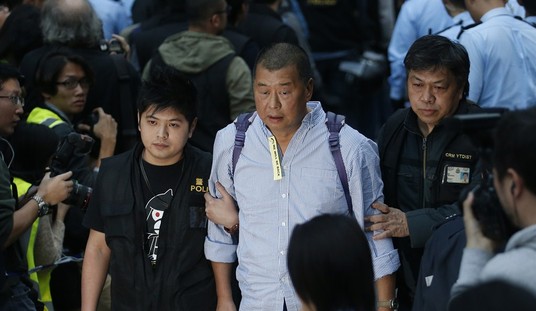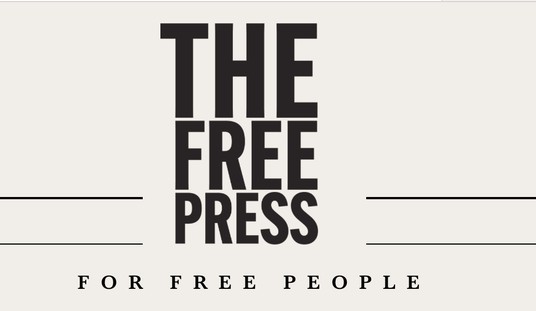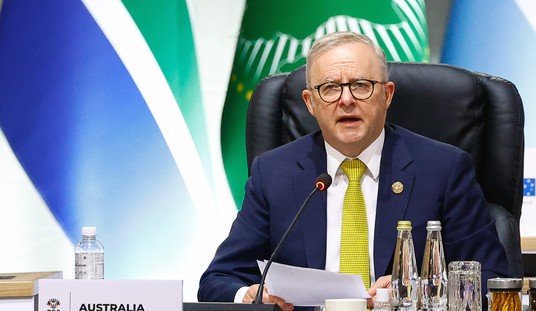Tabarka, Tunisia— If there is a place where the seedlings of the Arab Spring might avoid being burned to a crisp in the flames of Islamist zealotry, authoritarianism and chaos, it will likely be Tunisia, where it all started.
Since a young fruit vendor self-immolated in protest against the former oppressive Ben Ali regime in 2011, this relatively peaceful, modern North African country has plodded toward a liberal Constitution and free elections. This weekend, the country will go to the polls to choose its first freely elected president. A month ago, parliamentary elections went smoothly, granting a plurality of seats to a party composed of widely divergent ideological factions joined by by a determination to curb Islamist influence in the new government. The country’s first free legislative election was in 2011.
I am here as an election observer with the International Republican Institute, a non-profit organization staffed by a bunch of interesting young people who believe in the universal allure of freedom and self-governance, while recognizing such inclinations toward freedom rarely come to fruition without serious work to build up election processes, political parties, potential candidates, and civil society organizations. I’ve been allowed to parachute into the country to see the fruits of their labor alongside the Tunisian people. Days before the election, the feeling in the country is not exactly euphoric. Cautious optimism abounds, as does healthy skepticism, and a fair amount of disillusionment, particularly among young people.
An election official in a western, agricultural area of Tunisia told me, “We are like babies taking our first steps in democracy.” Talking with hands that look years younger than his face, he explains through a translator the process by which his office is distributing ballots. Just outside his door, a list of poll workers’ names and assignments covers two wheeled bulletin boards for the public to inspect. Over his shoulder through his stark, white office’s only window, I can see a group of young boys playing soccer in the late-afternoon sun.
It has been three years since the Revolution, two years longer than the people were promised before a free election. The transition to free society has not been quick or easy, the old bureaucracies are still in place, slow if not deliberately repressive, and the idealism and excitement of the early days has run up against the day-to-day grind of willing democracy forward. A pair of political assassinations and an increase in terrorist attacks in 2012 and ’13 threatened to send Tunisia down the same road as its neighbors in Libya. But a group of long-established community organizations collectively known as the “quartet”—a workers’ union, a management/business union, the human rights league, and the bar association—emerged as brokers of a political deal in 2013 to drag the Constitutional process over the finish line.
Tunisia is not blessed with an abundance of natural resources, which turned out to be a blessing of its own when President Habbib Bourguiba realized the need in the 1950s to be a thoroughly modern dictator in order to attract people to its most obvious resource—the country’s 1,000 miles of gorgeous Mediterranean coast. You can get beer and wine fairly easily in coastal areas, and the major cities’ restaurants and hotels. Women have rights and modern tastes. I have seen more women carrying guns at police checkpoints than wearing hijab. Especially in cities, the citizenry is educated.
Nonetheless, a loss of some of the stability and security of the Ben Ali years (the leader toppled in the Revolution) has many of those citizens wondering if Tunisia is ready for freedom. The embodiment of this apprehension is the front-runner in the presidential contest— an 87-year-old member of the Ben-Ali regime, Beji Caid Essebsi. Though he represents a diverse party brought together by its opposition to Islamists, there seem to be equal parts fear and hope from voters about electing someone with experience wielding a heavy hand. There are also concerns about his age, which he has offered to assuage by taking off his shirt. Why didn’t John McCain ever think of that?
An older man working at the bar at my hotel finds Essebsi’s promises of security and stability comforting. My young guide, a student in Tunis, is deeply worried about progress the country might lose if a man versed in Ben Ali’s ways takes its reigns. The other leading candidate is the sitting president, Moncef Marzouki, who was appointed to his position, but has a long history of opposition to the Ben Ali regime. He also has a tendency to say crazy things on camera and was joined in a ruling coalition by the Islamic party, Ennahda, which makes others wary of the alliance. Ennahda, for its part, points to its alliance with a human-rights activist like Marzouki as evidence for its desire for inclusion and tolerance of non-religious Tunisians. The religious party also acquiesced in the parliamentary wins of Essepsi’s party with congratulations, not protest or violence. More on them later, but suffice to say things would not be where they are now if Ennahda didn’t deserve some of the credit it seeks for inclusivity.
“I’m optimistic in the short term,” said Yassine Brahim, a tech entrepreneur who spent many years in London and France before returning with his family to Tunisia in the late ’90s. “I need to be!”
He started the party that would most closely resemble a center-right party, focusing on opening up the country to new freedoms and new investment through free enterprise.
If Essebsi wins, Brahim has hope his coalition will keep him honest and the results could be good.
“[He] could be the man who brings this more constructive deal with the Islamists and start to really reform government,” he said. “If we have good, skilled people have this stability, we can change the country in five years and you could really have a different country. If we come back to what was happening before the revolution…it won’t work.”
To the polls Tunisians go. Today. Wish them the best.








Join the conversation as a VIP Member